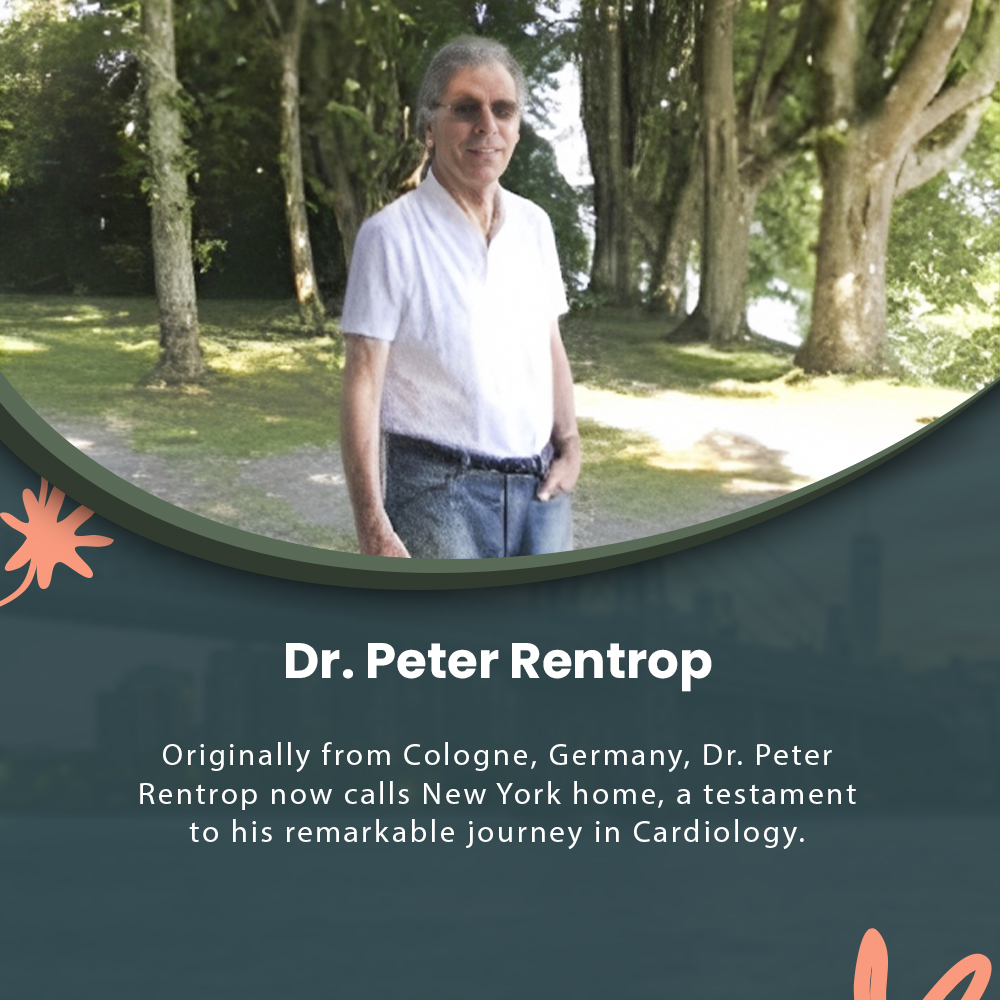
In today’s rapidly advancing world, the intersection of technology and medicine is propelling humanity into a new era of healthcare. From cutting-edge diagnostics to innovative treatments, medical technology is unlocking the secrets of human health, pushing boundaries, and transforming the way we approach wellness. Let’s delve into the remarkable ways in which medical tech is revolutionizing healthcare.
Precision Diagnostics: Decoding the Human Body
One of the most significant breakthroughs in medical technology is precision diagnostics. Through advanced imaging techniques such as MRI, CT scans, and PET scans, healthcare professionals can now peer inside the human body with unparalleled clarity and detail. These imaging modalities enable early detection of diseases, allowing for timely interventions and improved outcomes.
Moreover, the advent of molecular diagnostics has paved the way for personalized medicine. By analyzing genetic markers and biomolecules, clinicians can tailor treatments to individual patients, maximizing efficacy while minimizing adverse effects. This precision approach not only enhances patient care but also represents a paradigm shift in healthcare delivery.
Remote Monitoring: Empowering Patients
Another transformative aspect of medical technology is remote monitoring. Wearable devices, such as smartwatches and fitness trackers, enable individuals to track vital signs, activity levels, and even sleep patterns in real time. This continuous stream of data provides valuable insights into overall health and allows for early detection of potential issues.
Remote monitoring is particularly beneficial for patients with chronic conditions such as diabetes, hypertension, and heart disease. By keeping healthcare providers informed of their health status, patients can receive timely interventions and adjustments to their treatment plans, ultimately leading to better health outcomes and improved quality of life.
Telemedicine: Breaking Down Barriers to Care
Telemedicine has emerged as a game-changer in healthcare delivery, especially in remote or underserved areas. Through video consultations and virtual appointments, patients can access medical expertise from anywhere, eliminating the barriers of distance and time. This not only enhances convenience for patients but also reduces healthcare costs and alleviates strain on traditional healthcare systems.
Furthermore, telemedicine facilitates interdisciplinary collaboration among healthcare professionals, enabling seamless coordination of care and improved patient outcomes. Whether it’s a routine check-up, a specialist consultation, or mental health counseling, telemedicine is expanding access to essential healthcare services for millions of people worldwide.
Robotics and Minimally Invasive Surgery: Enhancing Precision and Recovery
Advancements in robotics have revolutionized surgical procedures, making them safer, more precise, and less invasive. Robotic-assisted surgery allows surgeons to perform complex procedures with enhanced agility and control, leading to shorter recovery times and reduced post-operative complications.
Additionally, minimally invasive techniques, such as laparoscopy and endoscopy, have become standard practice for a wide range of surgical interventions. These approaches involve smaller incisions, resulting in less pain, reduced scarring, and faster recovery compared to traditional open surgery.
By harnessing the power of robotics and minimally invasive surgery, medical technology is raising the bar for surgical excellence and improving patient outcomes across various specialties.
Artificial Intelligence: Augmenting Clinical Decision-Making
Artificial intelligence (AI) is increasingly being integrated into healthcare systems to augment clinical decision-making and streamline workflows. Machine learning algorithms can analyze vast amounts of medical data, ranging from patient records to medical imaging, to identify patterns and make predictions with remarkable accuracy.
AI-powered tools hold great promise in areas such as disease diagnosis, drug discovery, and treatment optimization. By leveraging AI, healthcare providers can make more informed decisions, tailor treatments to individual patients, and ultimately deliver more personalized and effective care.
As we stand on the cusp of a new era in healthcare, the transformative potential of medical technology is nothing short of revolutionary. From precision diagnostics to remote monitoring, telemedicine, robotic surgery, and artificial intelligence, each advancement is pushing the boundaries of what’s possible in human health.
By embracing these innovations and fostering collaboration between technology experts, healthcare professionals, and policymakers, we can unlock the full potential of medical technology and usher in a future where health outcomes are optimized, disparities are reduced, and the well-being of humanity flourishes. Together, we can harness the power of medical technology to unlock the secrets of human health and create a healthier, more equitable world for all.